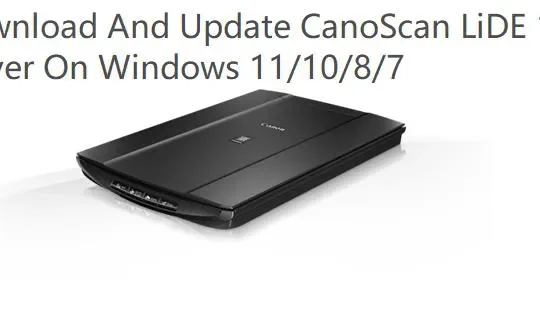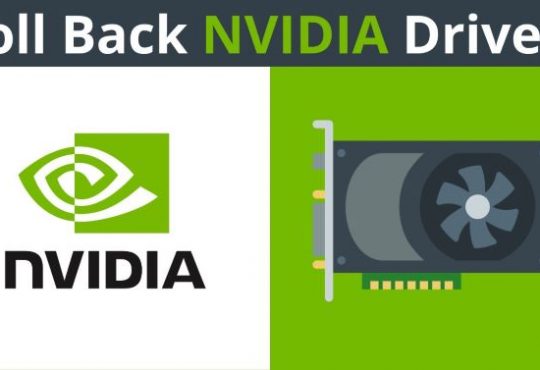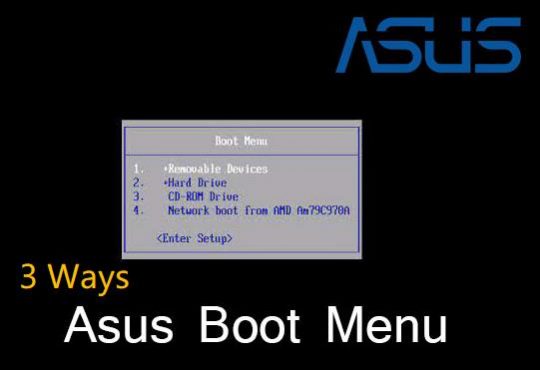Ever since the birth of Windows 10 in July 2015, which was why at that time it was called Windows 10 1507(RTM), people have been wondering the question Should I upgrade to Windows 10 and Can I upgrade to Windows 10?
Most of them are Windows 7 or 8 users who have no idea if it is a wise decision to get Windows 10 for their PC as they do not know much about the advantages and disadvantages of the latest version of Windows.
To help you decide whether to or not to upgrade to Windows 10, this post would walk you through the basic information about the newly released Windows system.
Contents:
Why Should You Upgrade to Windows 10?
Why should you not to Upgrade to Windows 10?
Top Advice on Upgrading to Windows 10
What is New in Windows 10? (Why Should You Upgrade to Windows 10?)
As to the confusion why should I upgrade from Windows 7 to Windows 10, maybe you need to at first know some new features added on Windows 10 which are absent in Windows 7 or 8, for instance, the Cortana, Microsoft Edge rather than Internet Explorer, Windows Mixed Reality(MR), Action Center, etc.
It is likely that after knowing about the strengths of it, you will be eager to upgrade to Windows 10 as soon as possible.
Now wade through to enjoy the highly advanced functionalities of Windows 10.
Advantages:
Feature 3: Less Power-Consuming
Feature 4: Different Platforms with Same Experience
Feature 1: Safer
The available Windows 10 has not only inherited the security characters from the previous Windows system, such as Windows 7/8, but also introduced some vital functionalities as regards to safety, like Windows Hello, Microsoft Passport, and Device Guard.
Feature 2: More open
It is said that from the beginning of to the launch of Windows 10, nearly 4,000,000 Windows consumers participated in the test for the latest Windows version.
So if you can upgrade to Windows 10, you will find this operating system had merged considerable user suggestions, which is why it is so practical and well suits your needs.
Microsoft is always open for you put forward your advice.
Feature 3: Less Power-Consuming
You should upgrade to Windows 10 in terms of its saving power if you are a conservationist.
Windows 10 adopts Modern Interface, which is simple and succinct, thus greatly decreases the system resources utilization rate. And also Microsoft has improved power management function making it more intelligent to reduce power wasting.
Feature 4: Different Platforms with Same Experience
Not limited to Desktop computers, Windows 10 is also available in Smartphone, Tablet PC. Meanwhile, you are capable of changing among these devices without any barrier and cost.
It is also worth noting that users are qualified to co-share the data from various equipment.
These are the reasons why you should upgrade to Windows 10 from Windows 7 or 8. Of courses, after you got the last version of Windows 10, the new settings or options will let you fully understand this powerful system.
While besides the advantages of Windows 10, some inescapable disadvantages would make you not to upgrade to Windows 10.
Why should you not to Upgrade to Windows 10?
Whether upgrading to Windows 10 has long been a controversial issue among users.
Undoubtedly, numerous errors or problems come up with Windows 10, which even have never appeared on Windows 7 or 8. That is why some people refuse to upgrade to Windows 10.
Disadvantages
1: Driver or Software Incompatibility
4: Unsuitable Hardware Devices
Problem 1: Driver or Software Incompatibility
Powerful though Windows 10 is, it fails to allow the previous device driver to be incongruent with it to tap its potential. For instance, users usually find their graphics card or network driver outdated and cannot work after Windows upgrade.
As for this issue, Microsoft has not offered related driver along with the upgraded Windows 10.
Under this circumstance, many of you are concerned about if your PC can run on Windows 10, therefore, choose not to upgrade to Windows 10.
Problem 2: Privacy Concerns
Just as Windows 7 and Windows 8, Windows 10 requires your private information to track the feedback from your searching history on the browser and also the built-in applications, such as Cortana.
All these processes are performing on the basis of your permissions, but it can leak your personal account information, hence leaving risk for you.
Problem 3: Forced Windows 10 Update
Is the time for you to upgrade to Windows 10?
If you are thinking about this question, you would be told that once upgraded to the last version of Windows 10, you can never control the updating by yourself, as Microsoft has made it automatic to update Windows 10 as long as there are updates available.
What’s more, sometimes, the updates provided on Windows 10 even come to your PC with virus and threats.
So if you are unwilling to be forced to update, you may have to keep your Windows 7/8 but not to upgrade to Windows 10.
Problem 4: Unsuitable Hardware Devices
However urgent you are to upgrade to Windows 10, if the hardware condition, especially the disk drive space is not large enough to afford the 20GB Windows 10 64bit, it is impossible for you to get this latest Windows version for your PC.
In this way, whether you should upgrade to Windows 10 depends on whether you can upgrade to Windows 10.
Top Advice on Upgrading to Windows 10
In summary, in view of the strengths and weaknesses of Microsoft Windows 10, it is hard to arrive at a conclusion that you should or should not upgrade to Windows 10.
For users who demand advanced system settings and new functionalities in Windows 10, you can try to upgrade to Windows 10 to enjoy its practicalities.
But before you download it from Microsoft, make sure your PC meets the requirements. After upgrading to Windows 10, you are to spare no efforts to protect your system from virus or malware by using the inbuilt tool – Windows Defender or some useful antivirus software.
For common users, if unnecessary or if your computer has no hardware condition to install Windows 10, you would better not to upgrade to this latest Windows version.
All in all, it is up to you, to your hardware devices, to your usage once you have downloaded and installed Windows 10 on your computer.
More Articles:
Compare Windows 10 Home & Pro & Enterprise






